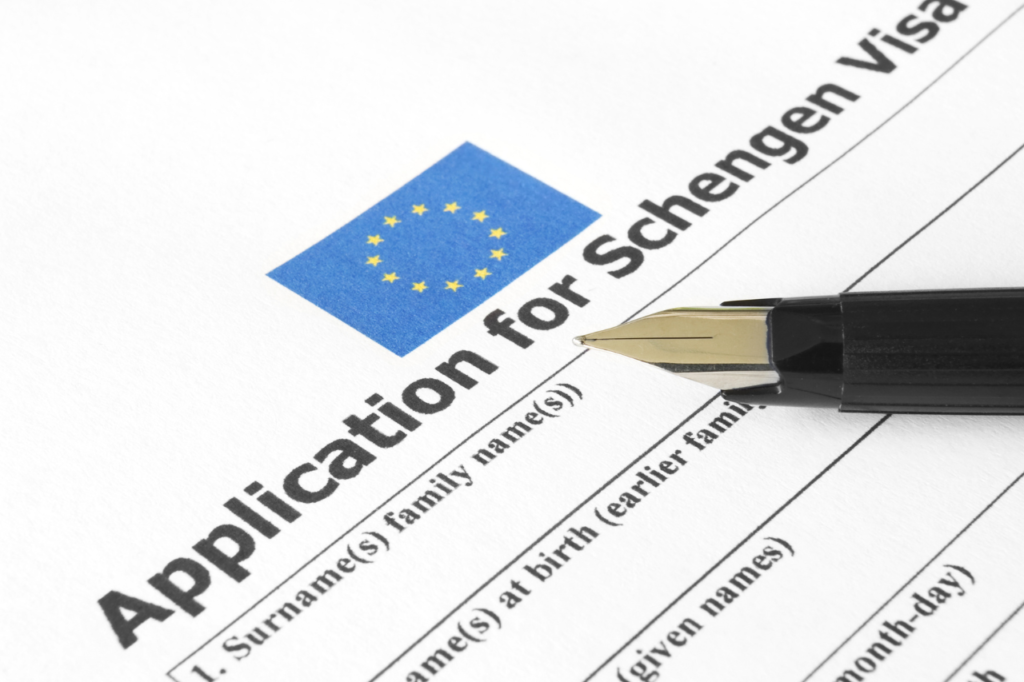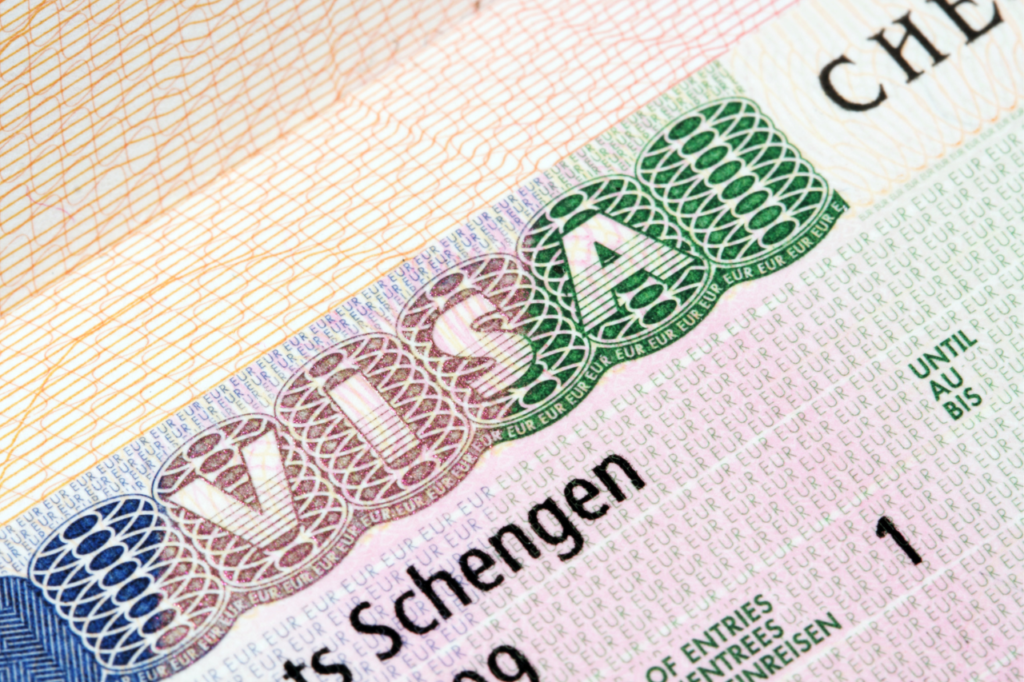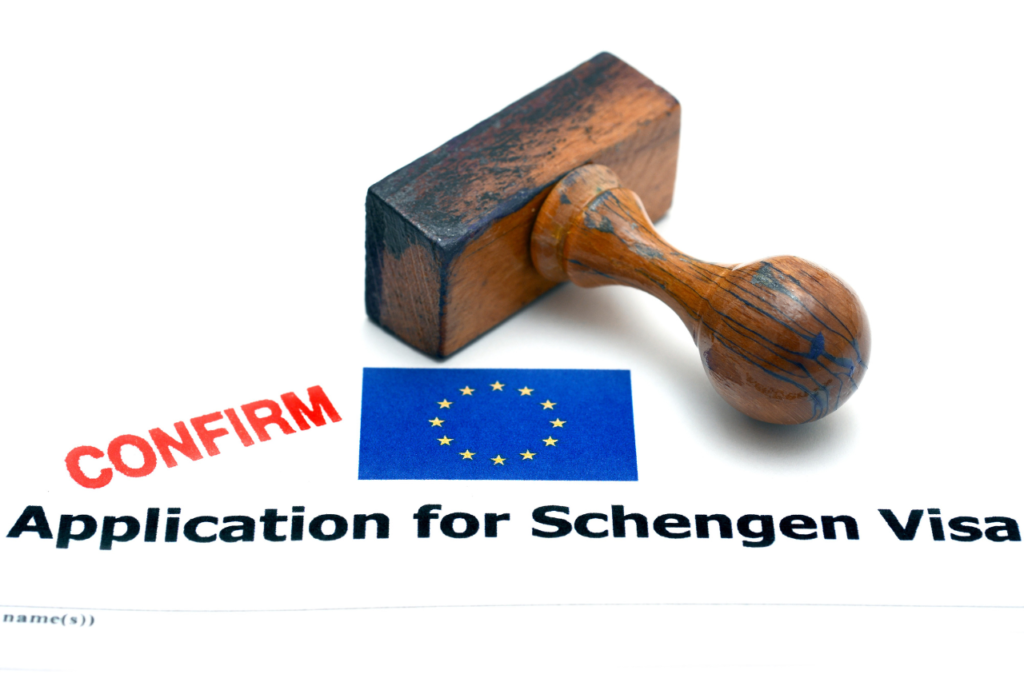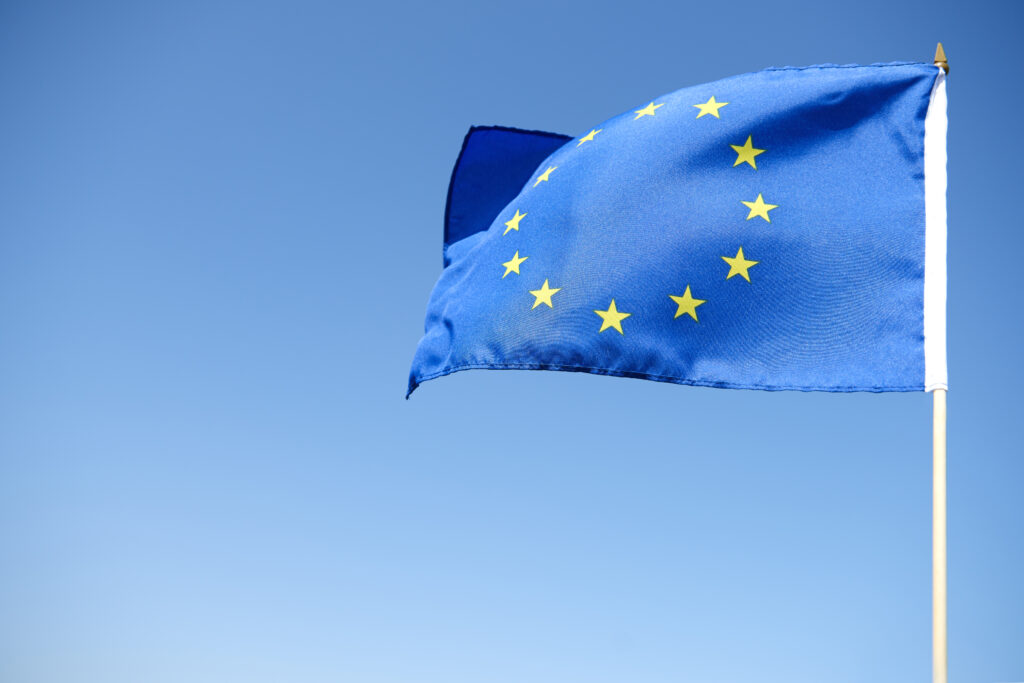To obtain a Schengen visa, applicants must demonstrate sufficient means of subsistence to cover their expenses during their stay. This proof is essential to ensure that travelers can support themselves without relying on public funds. Here’s a detailed overview of what this entails:
Why Financial Sufficiency Matters
Having this visa lets you travel to many European countries with just one visa. To make your trip easy and trouble-free, you must show you can cover all your expenses like lodging, food, transport, and other basics during your stay.
Differences in Financial Requirements
The criteria for a Schengen visa can vary greatly between countries. Each country sets its own minimum based on factors like cost of living, typical expenses, and economic situation.
Acceptable Financial Means for Applicants
Schengen visa applicants have flexibility in providing financial means to meet requirements. Commonly accepted forms include:
- Showing financial transactions and available balance.
- Proof of owning a credit card with a sufficient credit limit.
- Carrying adequate cash during travel.
- Prepaid cheques are usable as currency on the trip.
- Proof of regular income from employment.
- Employer documentation confirming job and income.
- Supporting Sponsorship Documents: Proving sponsor’s ability to cover expenses.
- Proof of Prepaid Accommodation: Reservation or proof of prepaid accommodation.
- Proof of Prepaid Transport: Confirmation of prepaid transportation arrangements.
Financial Requirements Across Selected Countries
- Austria: Recommended to have at least €100 per day, although exact requirements vary.
- Belgium: €95 per day for hotel stays; €45 per day if staying with friends or family.
- Czech Republic: €60.89 per day for stays less than 30 days, increasing for longer stays.
- Denmark: DKK 350 or €47 per day; higher if staying in a hotel.
- Estonia: Minimum of €130.80 per day.
- France: Generally €65 per day, subject to accommodation arrangements.
- Germany: Typically €45 per day, adjusted based on visit purpose and duration.
- Greece: €50 per day; up to €300 per day for stays up to five days.
- Hungary: 10,000 HUF or €24 per day; more can enhance visa prospects.
- Italy: Varies from €44.93 to €269.60 per day based on visit duration and group size.
Why Financial Requirements Matters
It’s crucial to meet the financial requirements when applying for a Schengen visa. Failing to show you can cover your expenses could result in your visa being denied. Consular officers use these criteria to ensure applicants are prepared for their trip and won’t face money problems while in the Schengen area.
Consult the Embassy or Consulate
Before applying, check with the embassy or consulate of the country you plan to visit. Visa requirements, including finances, can change, so it’s important to have the latest information before applying.
Meeting the financial criteria is key to getting your Schengen visa approved. Showing you can support yourself during your stay is vital for a successful application. Remember, requirements can vary between Schengen countries, so providing accurate and complete financial documentation is essential. Following Means of Subsistence Schengen visa guidelines will help you start an unforgettable journey through the beautiful Schengen area.
How Law and Visas Can Help?
At Law and Visas, our team of expert immigration consultants is here to make your travel for a Schengen Visa straightforward and successful. Whether you’re applying for a Schengen Visa or Schengen Business Visa, we handle every step—from preparing your application to gathering the required documents.
Our immigration lawyer consultants and Lawyers ensure that your application meets the highest standards, with no details missed. We’ll also keep you informed throughout the process and coordinate with the immigration office or embassy on your behalf.
Law and Visas has a strong record of helping clients secure the visas/permits they need for a Schengen Visa. Call us today at +234 812 5505 986 to learn how we can assist you.





